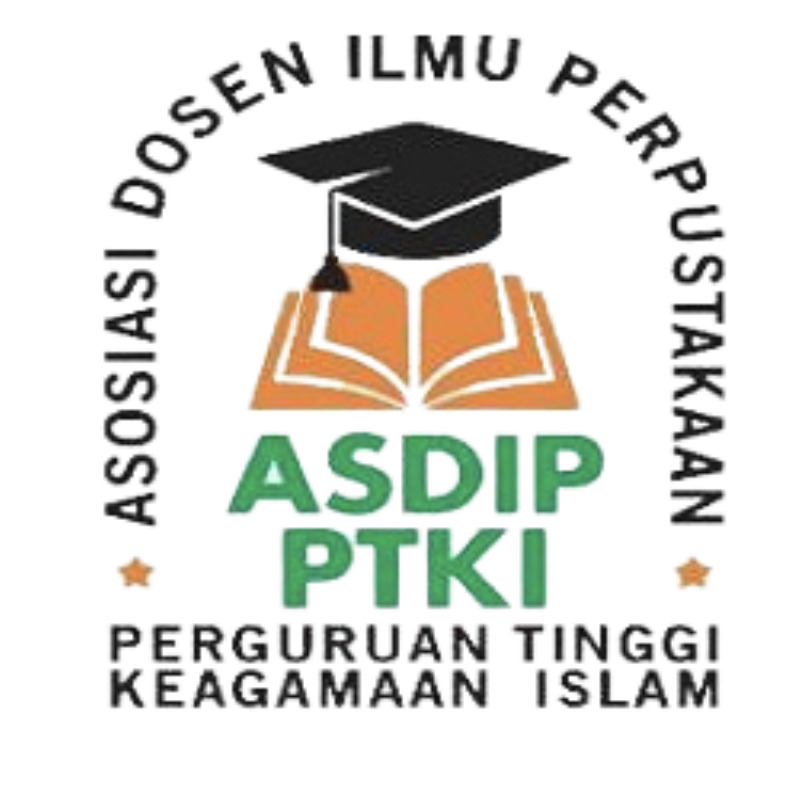Peran Strategis E-resource Perpustakaan Perguruan Tinggi dalam Menunjang Akreditasi Program Studi
DOI:
https://doi.org/10.29240/tik.v1i2.266Keywords:
e-resource, perpustakaan perguruan tinggi, akreditasi program studiAbstract
This paper discusses the role of e-resource strategic libraries of universities in supporting the accreditation of study programs. The existence of a library is very influential for the success of the learning process in various levels of education ranging from elementary school to college. A library is a heart of a college. Therefore, the library must provide quality information resources in accordance with the expectations of academic community. One of some resources that has a strategic role in supporting the accreditation of study program is an e-resource. There are various types of e-resources that can be developed by the library of e-journals, e-books, full script databases, index databases, and so forth. All of them have a very strategic position in supporting accreditation of study programs. There is a standard library that will be assessed by the assessor team.
Downloads
Download data is not yet available.
Downloads
Published
2017-12-12
Issue
Section
Articles
Citation Check
License
Authors who publish with Tik Ilmeu : Jurnal Ilmu Perpustakaan dan Informasi agree to the following terms:
- Authors retain copyright and grant the journal right of first publication with the work simultaneously licensed under a Creative Commons Attribution-NonCommercial-ShareAlike 4.0 International License (CC BY-NC-SA 4.0) that allows others to share the work with an acknowledgment of the work's authorship and initial publication in this journal.
- Authors are able to enter into separate, additional contractual arrangements for the non-exclusive distribution of the journal's published version of the work (e.g., post it to an institutional repository or publish it in a book), with an acknowledgment of its initial publication in this journal.
- Authors are permitted and encouraged to post their work online (e.g., in institutional repositories or on their website) prior to and during the submission process, as it can lead to productive exchanges, as well as earlier and greater citation of published work (See The Effect of Open Access).







 This work is licensed under a
This work is licensed under a 